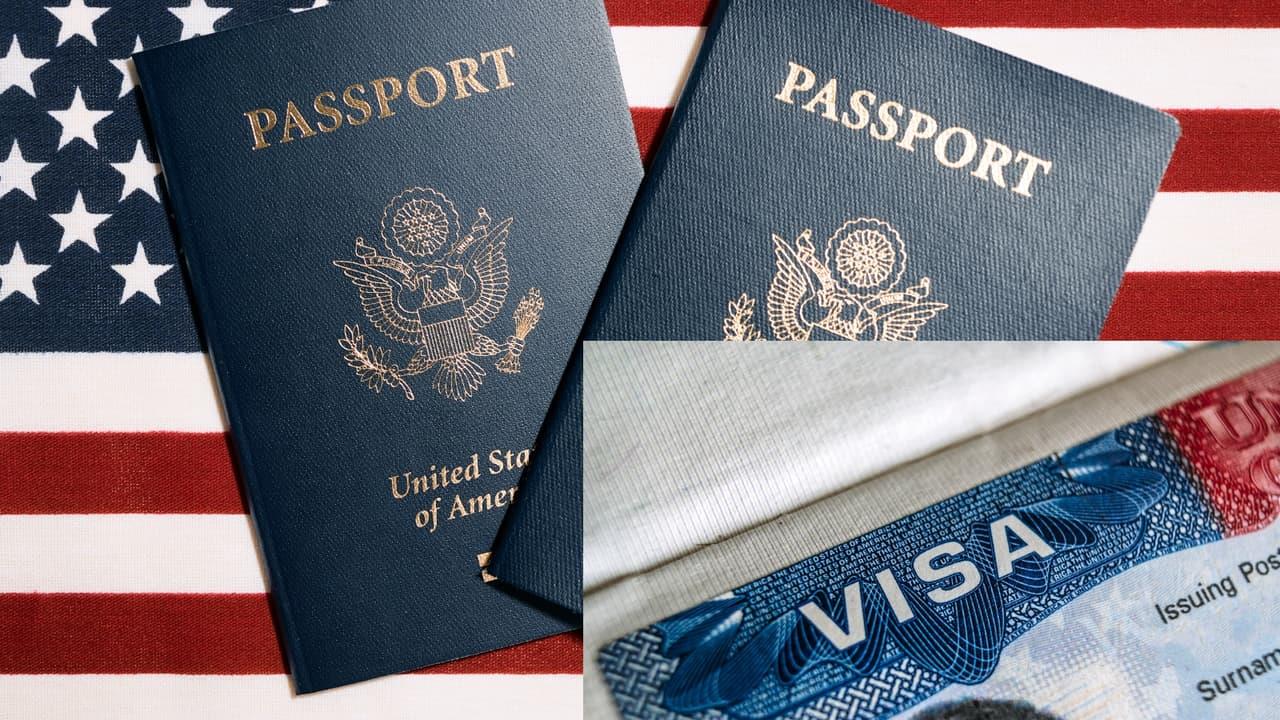
How Chronic Illness Could Block Your US Visa Under New Guidance Here's What's Changed
On Thursday, the US State Department sent a directive to US embassies and consulates worldwide. It tells visa officers they must now consider an applicant's health and age when deciding whether the person might become a 'public charge' that is, likely to need government support due to their health or condition.
Previously, the US immigration medical examination focused mainly on communicable diseases (such as tuberculosis) and required vaccinations. But the new guidance expands the list to include chronic and non-infectious health conditions.
Which health conditions are now in focus
The guidance names a wide set of medical conditions that visa officers should view as possibly making someone ineligible:
- Cardiovascular diseases, respiratory illnesses, cancers, metabolic diseases, neurological diseases, mental health conditions. Specifically listed is diabetes and obesity. Obesity is singled out because it may cause asthma, sleep apnea, high blood pressure, all tied to costly long-term care.
What visa officers are asked to do
According to the directive:
Visa officers must ask,“Does the applicant have adequate financial resources to cover the costs of such care over his entire expected lifespan without seeking public cash assistance or long-term institutionalisation at government expense?”
They are also told to look at the health of dependents: "Do any dependents have disabilities, chronic medical conditions, or other special needs and require care such that the applicant cannot maintain employment?"
In effect, the applicant must prove they won't become a burden because of health costs or inability to work.
Who is most likely to be affected
The changes are most relevant for those seeking immigrant visas (permanent residency) rather than short-term tourist or student visas, though the document itself does not clearly exclude those categories.
Experts warn that this will affect older applicants and those with common chronic illnesses, conditions that may not have been disqualifying before.
Why this is a major shift
The policy greatly expands what health factors can be considered. Before, medical exams looked at infectious disease, not long-term chronic conditions or the applicant's lifelong ability to pay for care. It gives more discretion to consular officers. Some legal experts say they are being asked to make speculative judgments about future health costs, even though they are not medical professionals.
It ties health status directly to the 'public charge' rule, historically meaning someone who might need government support. Now, health risks and projected cost of care become part of the assessment.
Key concerns and implications
Ambiguity: It's not clear exactly how the rules apply to non-immigrant visas (like student visas).
Fairness: Critics say that many people have manageable conditions (diabetes, obesity) yet could be denied because of“what if” speculations.
Global impact: The policy could affect visa applicants worldwide, including from India. For someone in India planning US immigration, health and financial resources may matter more than before.
Work implications: If an applicant is deemed likely to need long-term care or have a dependent who needs care, that could block their visa even if they have a job and plan to work in the US.
What applicants should consider
If you're applying for a US visa (especially immigration), check your health record and any chronic conditions. Be prepared to show you have the financial means to cover healthcare without government help. If you have dependents with health issues, be ready to explain how you will support them without relying on US public benefits.
Consider seeking legal advice if you have health conditions, it may affect your visa approval.
Note: The policy has been issued as guidance. Details may still evolve or be challenged legally.
This new directive marks a significant change in US visa policy. To date, health screens focused mostly on infectious diseases and vaccinations. Now we see chronic illnesses like diabetes or obesity being used as criteria for eligibility. For many people around the world, this means health and finances are increasing in visa importance.
If you or someone you know is applying for a US visa, especially for permanent residence, it's wise to keep this in mind. The US government is signalling that health + financial self-sufficiency matter more than ever.
(With inputs from agencies)
Legal Disclaimer:
MENAFN provides the
information “as is” without warranty of any kind. We do not accept
any responsibility or liability for the accuracy, content, images,
videos, licenses, completeness, legality, or reliability of the information
contained in this article. If you have any complaints or copyright
issues related to this article, kindly contact the provider above.


















Comments
No comment